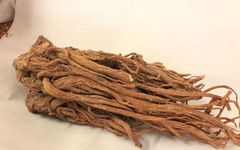Click the blue text above to follow us
Angelica Sinensis (Dang Gui)
According to the “Compendium of Materia Medica”: “In ancient times, when a man married, it was for the purpose of continuing the lineage. Dang Gui regulates the blood and is an essential medicine for women, hence the name Dang Gui.” This refers to the traditional Chinese medicine we are discussing—Dang Gui.
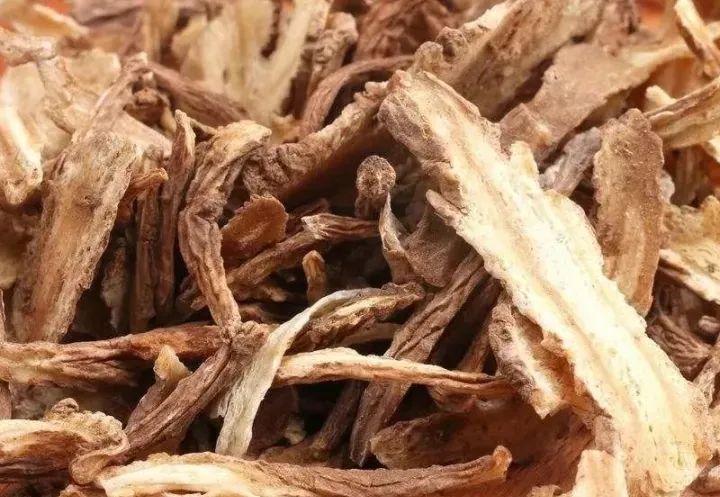
About Dang Gui
[Source]
This product is the dried root of the plant Angelica Sinensis, belonging to the Apiaceae family.
[Characteristics]
It is slightly cylindrical, with a surface color ranging from light brown to dark brown, flexible in texture, and has a cross-section that is yellowish-white or light yellow-brown. It has a strong aroma and a sweet, spicy, and slightly bitter taste.
[Properties and Channels]
Sweet, spicy, warm. It enters the Liver, Heart, and Spleen meridians.
[Functions and Indications]
It nourishes the blood, invigorates blood circulation, regulates menstruation, and alleviates pain. It is used for blood deficiency, pale complexion, dizziness, palpitations, irregular menstruation, dysmenorrhea, abdominal pain due to deficiency and cold, rheumatic pain, trauma, carbuncles, and constipation due to dryness of the intestines.
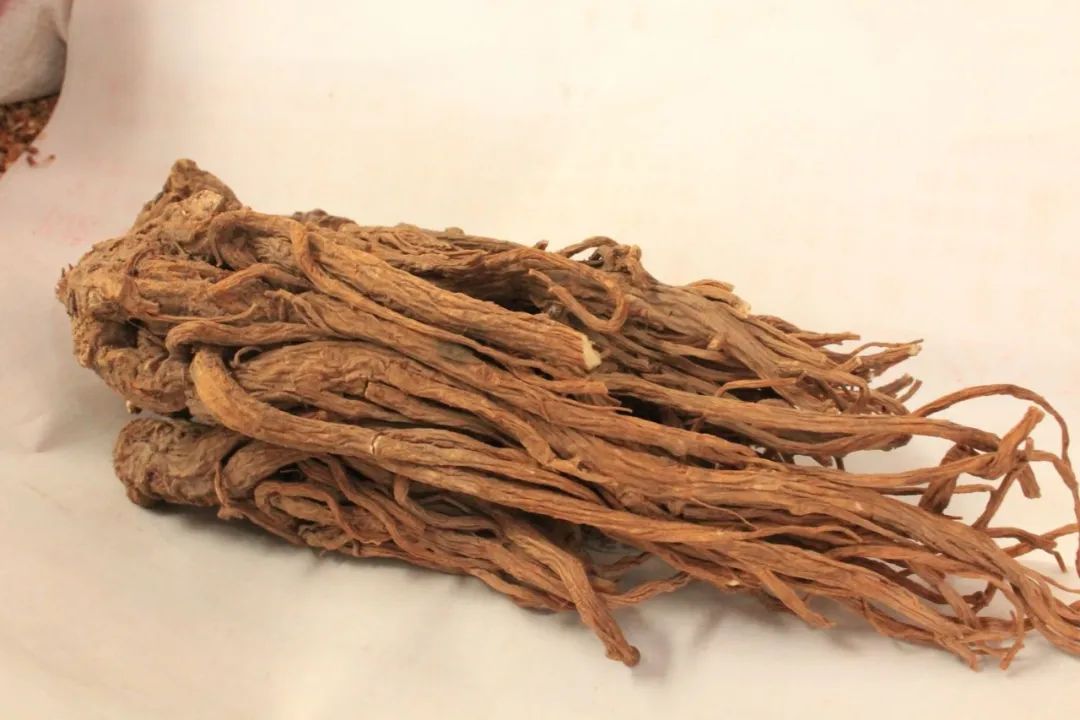
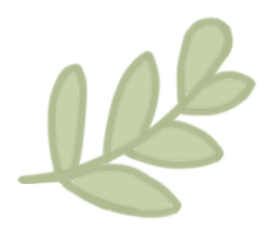
Dang Gui is widely used in the field of traditional Chinese medicine, closely related to its high medicinal value. The Qing Dynasty’s “Compendium of Materia Medica” states: “Dang Gui is a must-use medicine for blood-related issues and is indeed a key product for nourishing the blood.”
· Nourishing Blood ·
Dang Gui is the primary herb for nourishing blood, suitable for symptoms caused by heart and liver blood deficiency, such as pale or sallow complexion, fatigue, pale lips and nails, dizziness, palpitations, and insomnia. When combined with Huang Qi (Astragalus), it forms the “Dang Gui Bu Xue Tang” (Dang Gui Blood Nourishing Decoction), which can tonify Qi and nourish blood, showing good therapeutic effects for blood deficiency.
· Invigorating Blood and Regulating Menstruation·
Dang Gui invigorates blood and regulates menstruation, capable of alleviating pain and normalizing menstrual flow, particularly suitable for irregular menstruation, dysmenorrhea, and amenorrhea due to blood deficiency, earning it the title of “special medicine for women’s health” in ancient times.
When combined with Shu Di Huang (Rehmannia), Bai Shao (White Peony), and Chuan Xiong (Ligusticum), it forms the representative blood-nourishing formula—Si Wu Tang (Four Substance Decoction), which has the function of regulating menstruation and nourishing blood, especially suitable for treating postpartum blood deficiency.
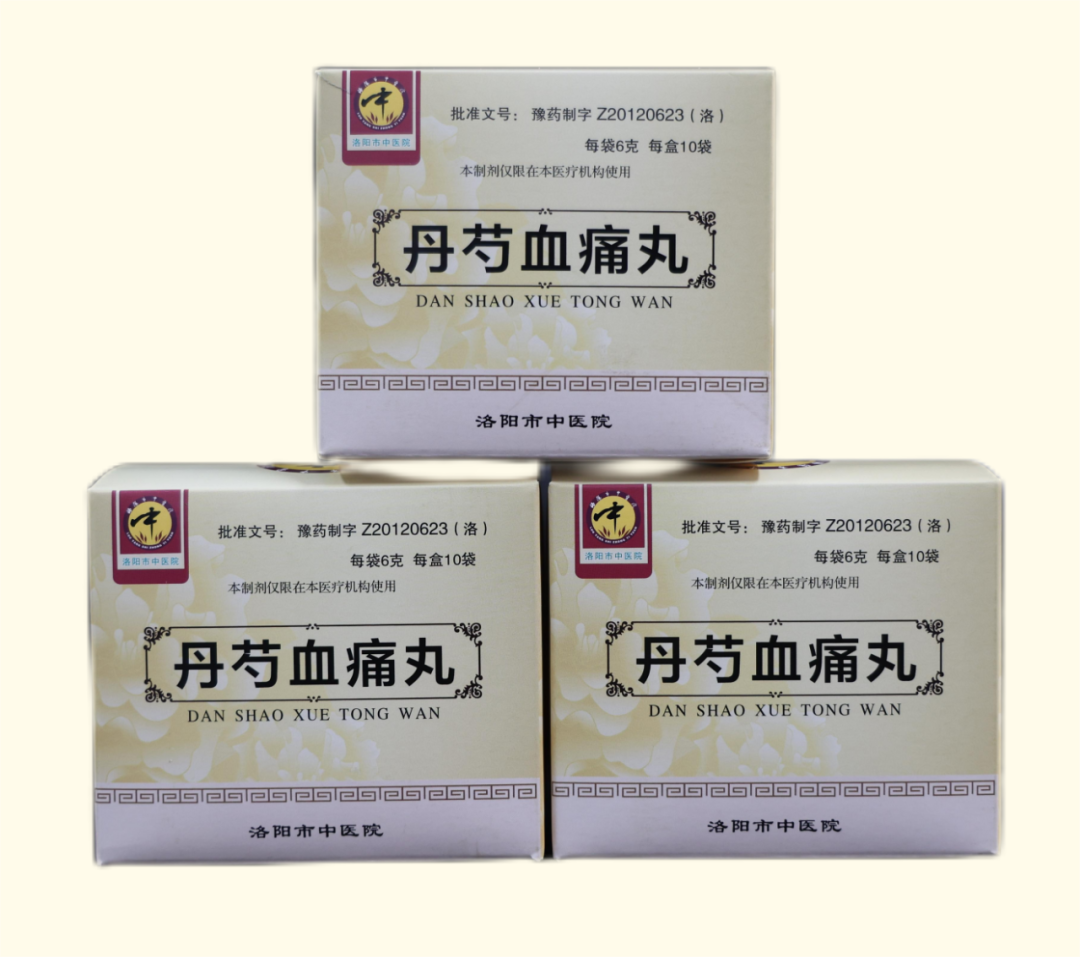
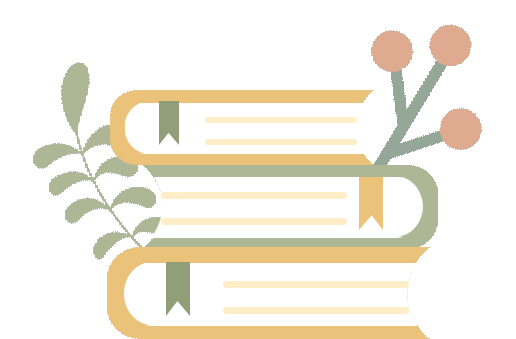
In our hospital’s formulation, Dan Shao Xue Tong Wan, Dang Gui fully exerts its effects of nourishing blood and regulating menstruation. The complete formula is effective for irregular menstruation, reduced menstrual flow, and uterine bleeding, clinically applicable for those with Spleen and Kidney Yang deficiency and abnormal Liver Qi flow.
· Moistening the Intestines and Relieving Constipation·
Dang Gui can also be used to moisten the intestines and relieve constipation. Traditional Chinese medicine believes that essence and blood share the same source; those with blood deficiency also lack body fluids, leading to insufficient intestinal fluids and constipation.
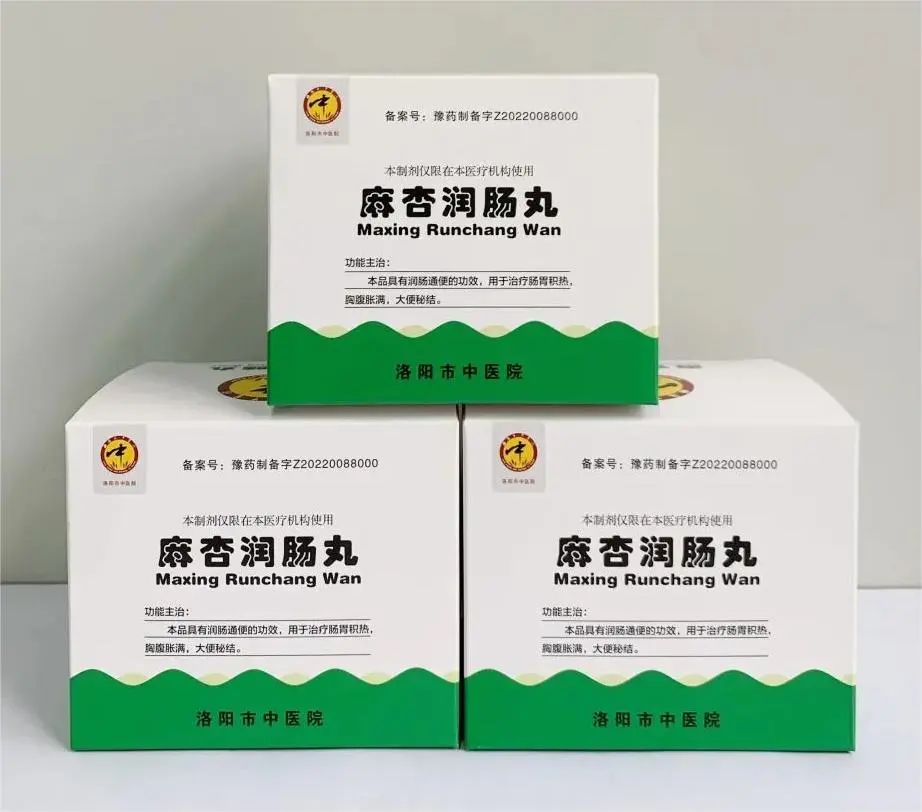

Dang Gui is often used in combination with Ma Ren (Hemp Seed), Ku Xing Ren (Bitter Apricot Kernel), and Da Huang (Rhubarb) to treat blood deficiency constipation. Our hospital’s formulation, Ma Xing Run Chang Wan, is based on this combination, utilizing the synergistic effects of various herbs to achieve the function of moistening the intestines and relieving constipation.
Dang Gui in Dietary Therapy
In cold weather, food can help the body resist the cold. The classic TCM text “Jin Kui Yao Lue” includes a recipe particularly suitable for cold seasons—”Dang Gui Sheng Jiang Yang Rou Tang” (Dang Gui and Ginger Lamb Soup).
This soup contains Dang Gui, lamb, and ginger, which have the effects of nourishing blood, promoting blood circulation, dispelling cold, and alleviating pain, and can treat blood deficiency, cold syndrome, and postpartum abdominal pain.
Warm Reminder:
Please use Chinese herbal medicine under the guidance of a doctor or pharmacist.

Some images in this article are sourced from the internet; we thank the original authors. If there are any issues, please contact us for removal.
Author: Pharmacy Department, Gui Shumin
Reviewed by: Cao Junling, Zhang Ruyuan
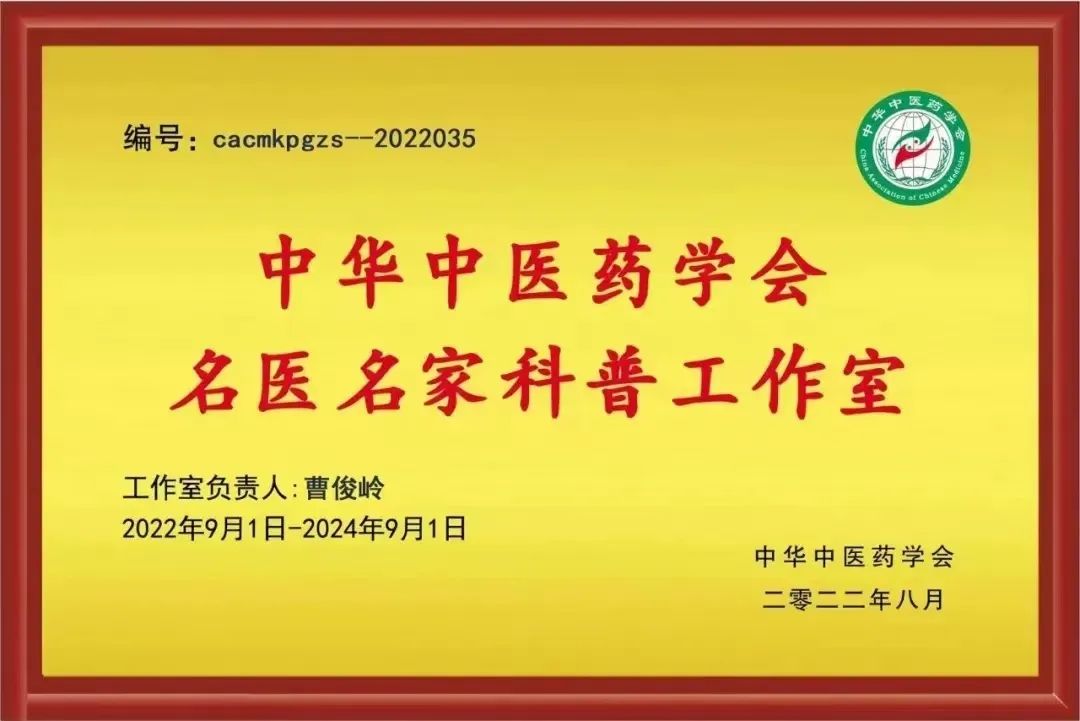
– Scan to follow us –
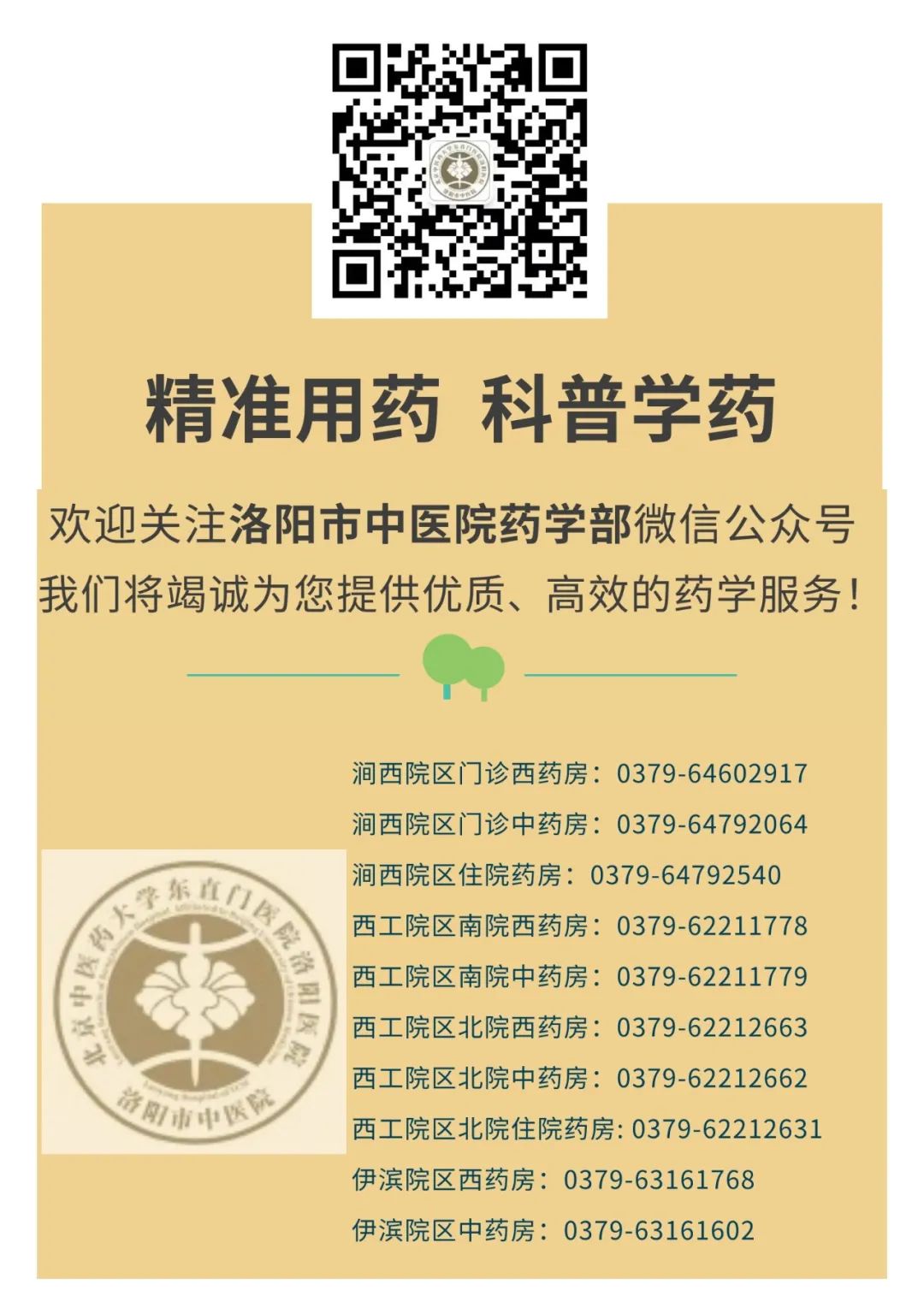
– Scan to follow us –

